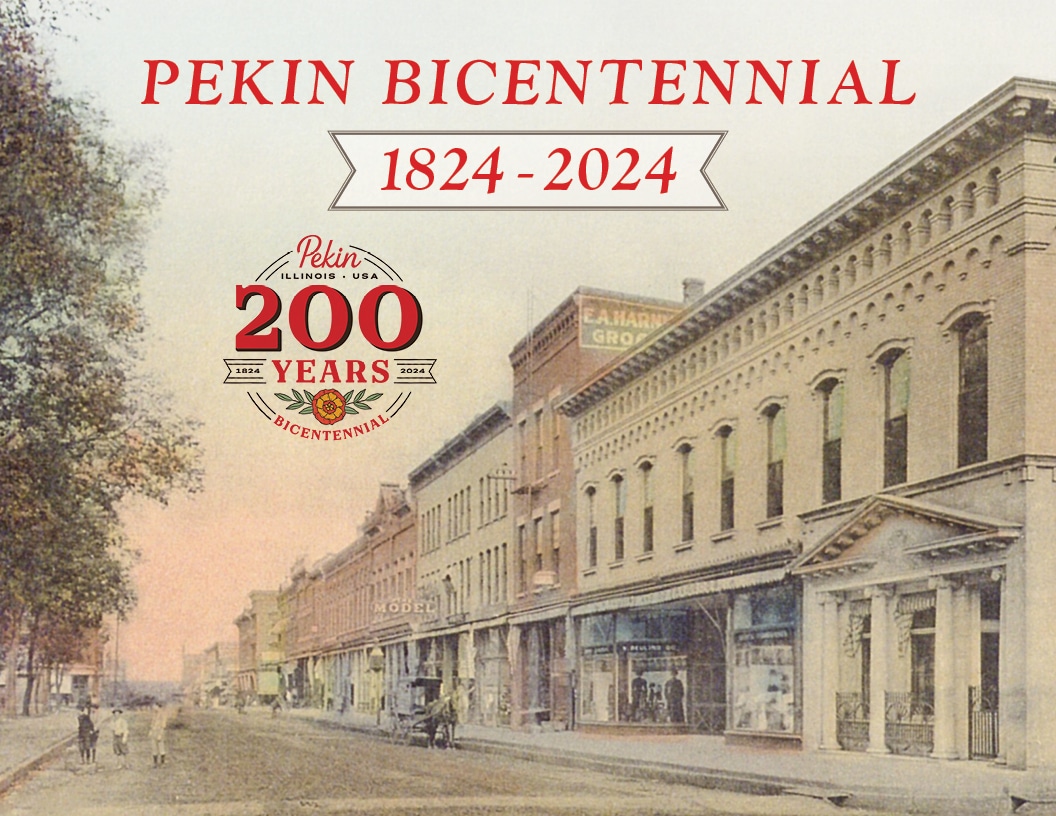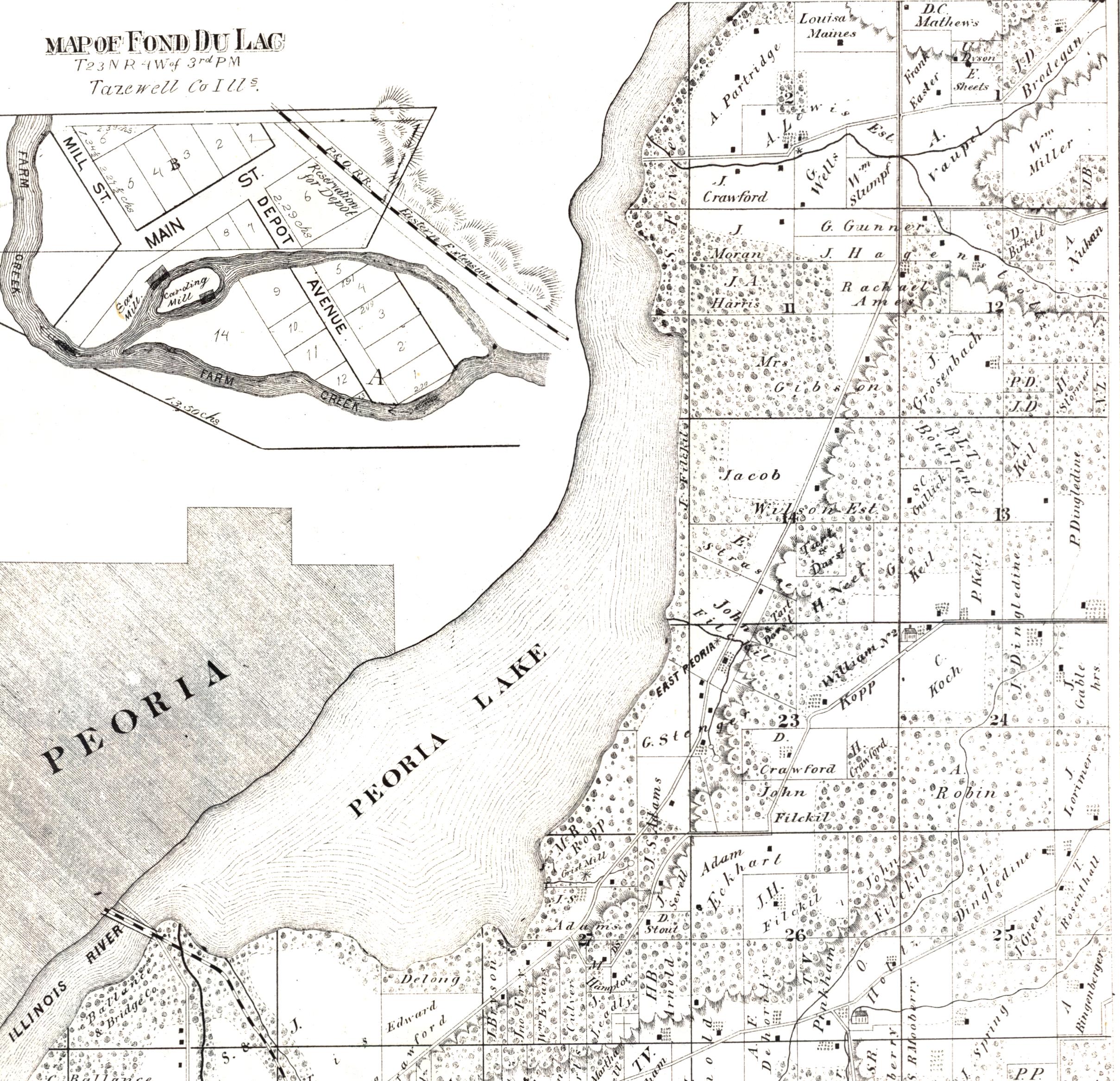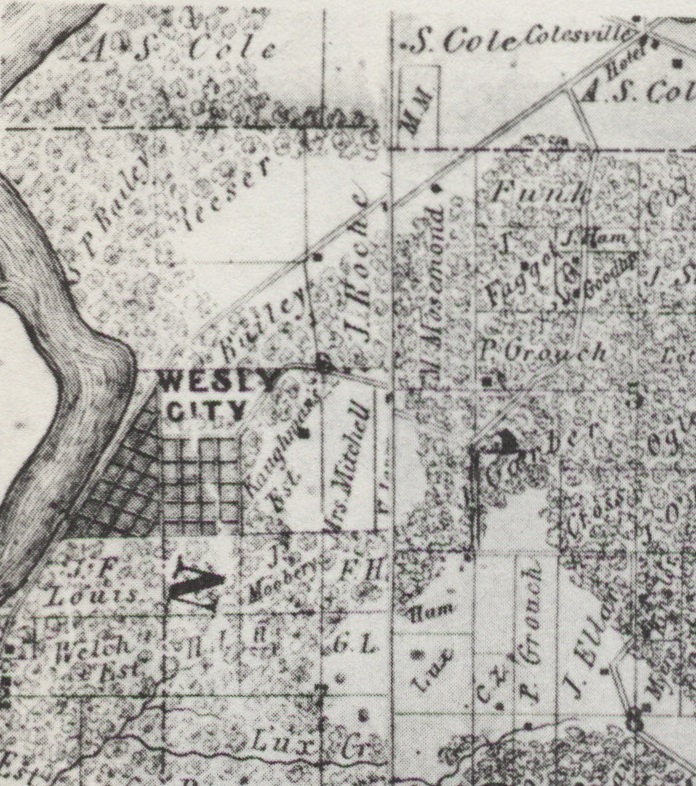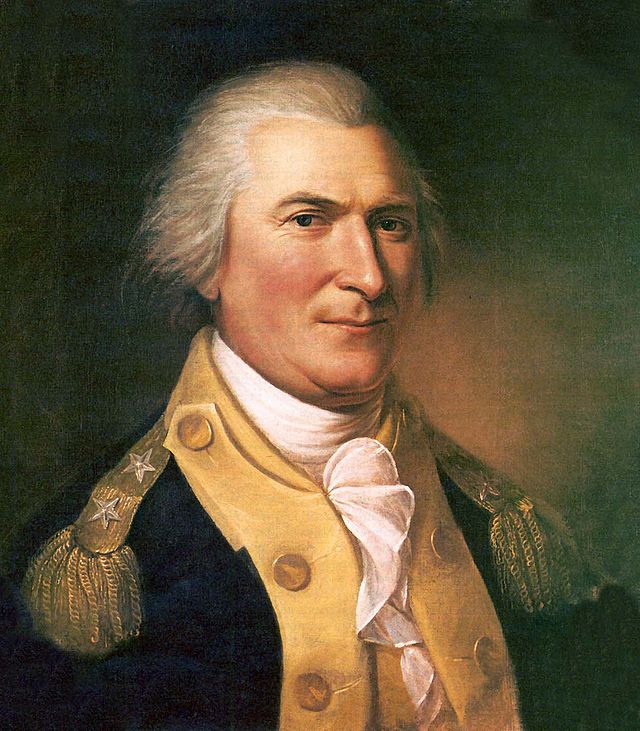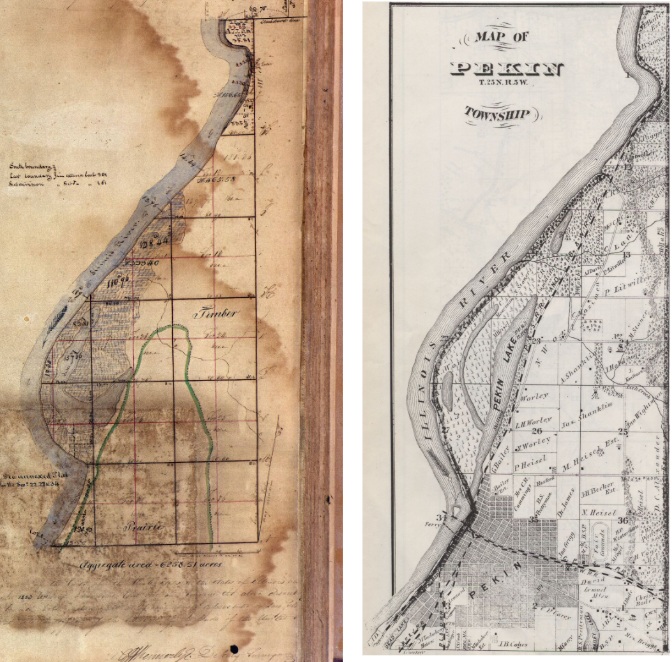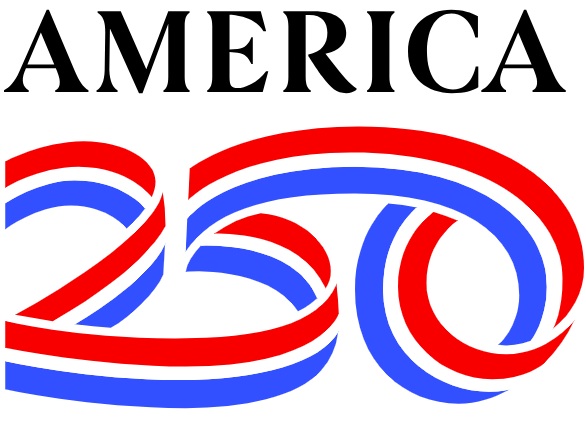With the end of Pekin’s Bicentennial year fast approaching, this is an opportune time to cast a look back over the “history of Pekin history” — that is, how and when the story of Pekin has been told and retold in the various books on our city’s history that have been published over the decades. To use a more technical term, it is a survey of Pekin’s “historiography” that is the subject this week at “From the History Room.”
In commemoration of Pekin’s 200 years of history, the Pekin Bicentennial Planning Committee (of which I was honored to be a member) compiled and published a 194-page Bicentennial Pictorial that aims to renew Pekin’s collective visual memory of her past, retelling (and at times correcting) the stories of significant events and developments in our community’s history, bringing Pekin’s story from 1824 up to this year’s Bicentennial celebrations.
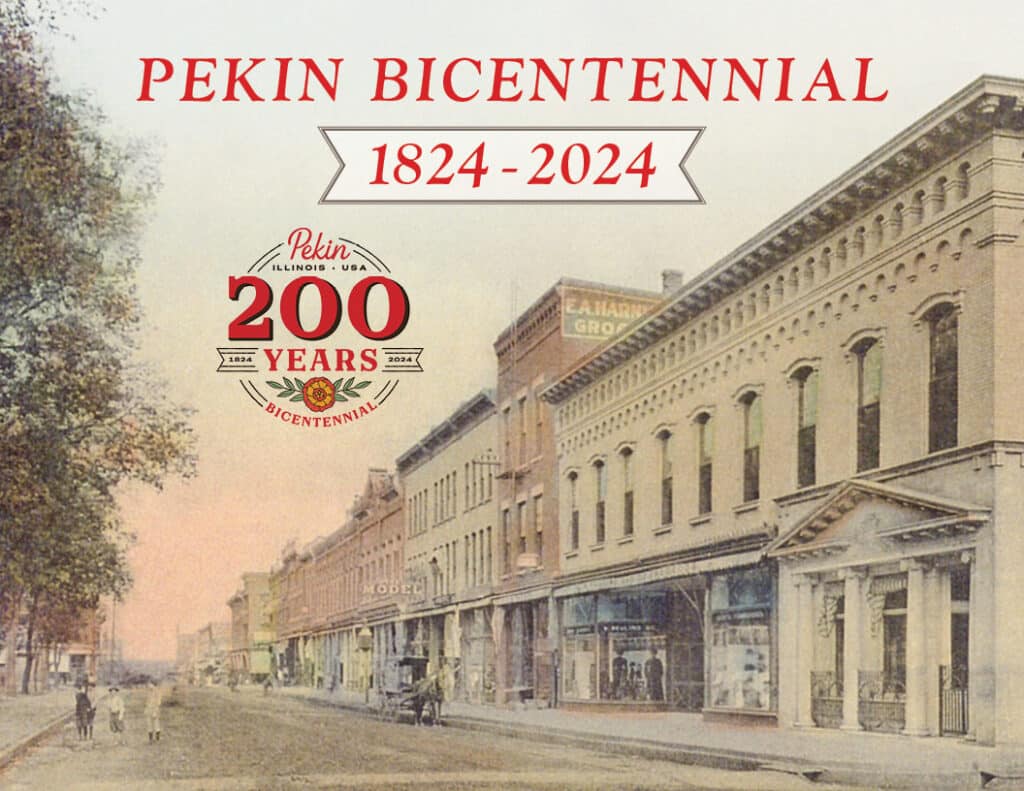
This latest contribution to Pekin’s historical record began to be sold in early September, and a large trove of Pekin Bicentennial Pictorial books are still available for purchase. The Pictorial is sold at the Pekin Public Library and the Pekin Municipal Building for $20 (payment in cash or check made out to “City of Pekin“).
The Bicentennial Pictorial continues a historiographical tradition that reaches back to pioneer times. The stream of Pekin’s written historical narrative has its source in an account researched and compiled by Pekin’s pioneer historian William Henry Bates (1840-1930), a printer, newspaperman, and Civil War veteran who, along with his friend and colleague William W. Sellers (1833-1872) published the 1870-71 Sellers & Bates City Directory of Pekin. Included in that city directory was Bates’ narrative of Pekin’s history, which begins with the French explorers and tells the story of Pekin from Jonathan Tharp in 1824 to 1870. Bates’ narrative would be updated (and, at times, corrected) in subsequent editions of the Bates City Directory of Pekin, and we find much of the same material in the special “souvenir” that Bates prepared in 1914 on the occasion of the laying of the cornerstone of the new Tazewell County Courthouse, and on Bates’ 1923 Historical Map of Pekin.
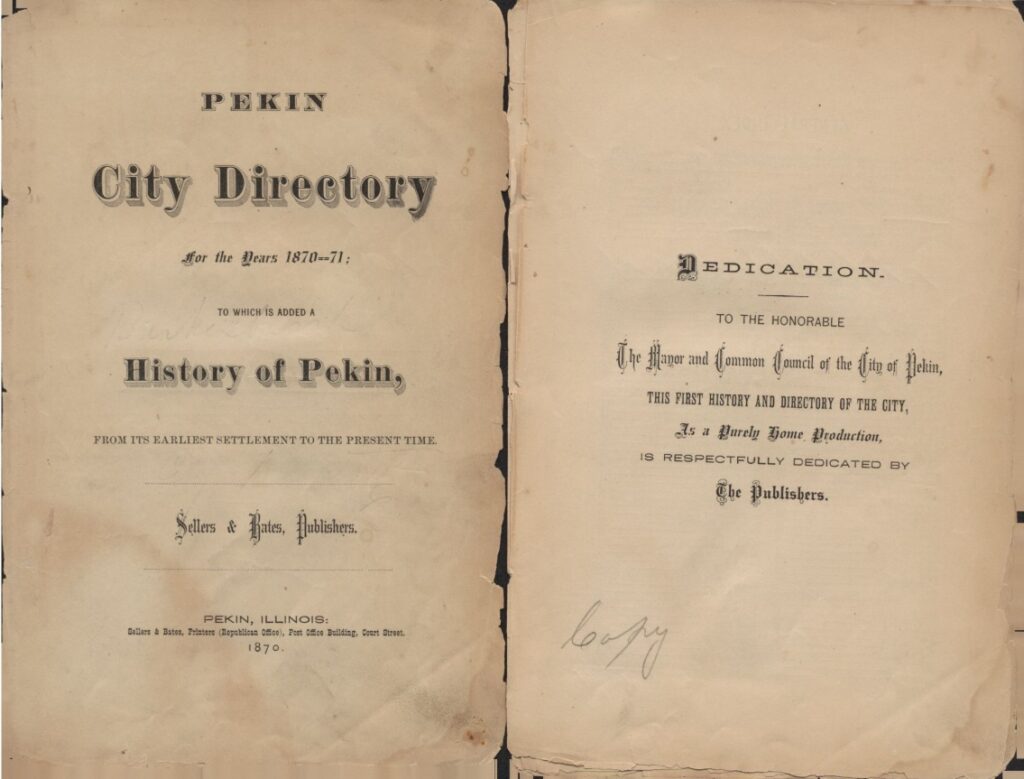
Bates’ first-ever history of Pekin is the foundation on which all later works on Pekin’s history are built. That can be clearly seen in Charles C. Chapman‘s “History of Tazewell County” (1879), which includes historical materials on the City of Pekin and Pekin Township that closely resemble Bates’ 1870 narrative. In fact, it is probable that it was Bates himself who wrote and submitted those chapters for inclusion in Chapman’s Tazewell County history.
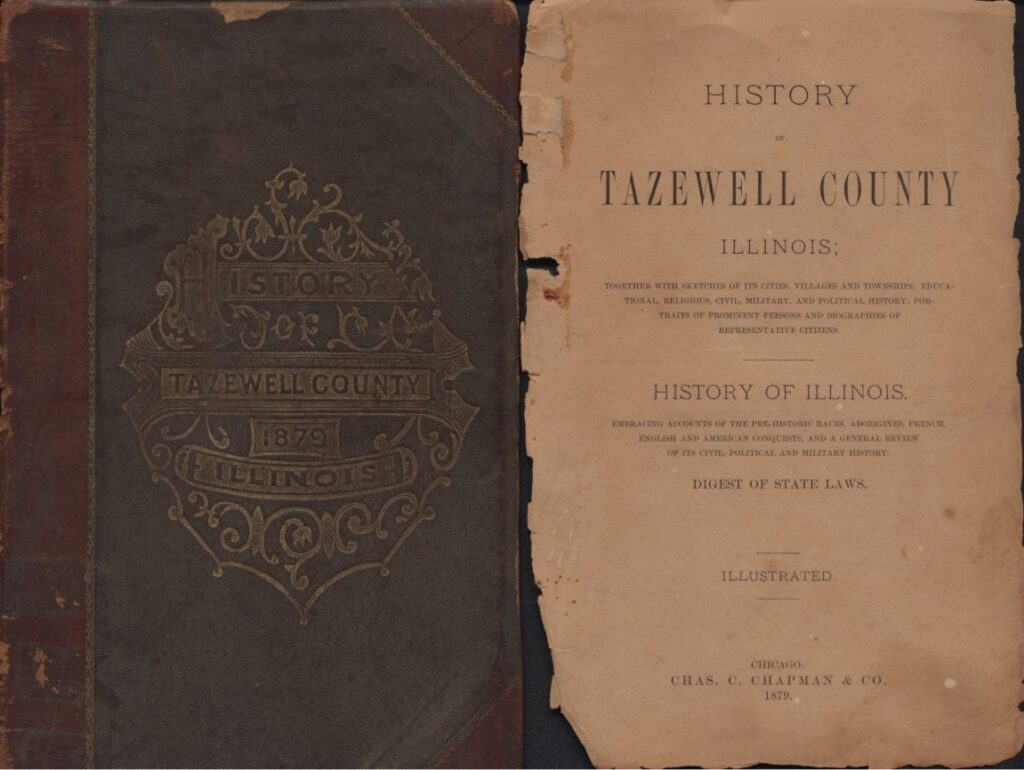
The visual, photographic record of Pekin’s pioneer past comes down to us chiefly from Pekin’s pioneer photographer Henry Hobart Cole (1833-1925), while a great many early 20th century Pekin photos were the work of Harry A. Blenkiron (1864-1918) and Raleigh Andrew Konisek (1884-1940). Many of Cole’s photographs are found in “Cole’s Souvenir of Pekin” which was sold in downtown stores, while others were published in a 1912 book on Pekin that was compiled and published by The Commercial Club of Pekin (which was ancestral to today’s Pekin Area Chamber of Commerce). The photographic plates found in “Pekin and Environs,” which was printed in the 1890s, are almost certainly Cole’s work as well.
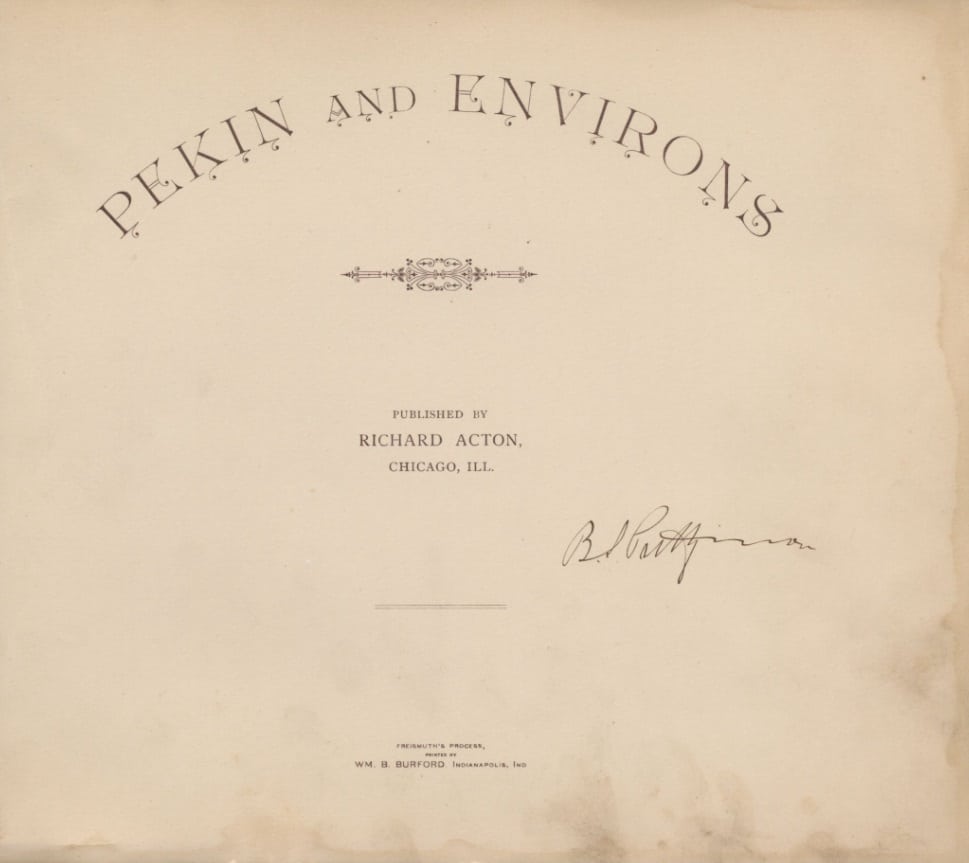
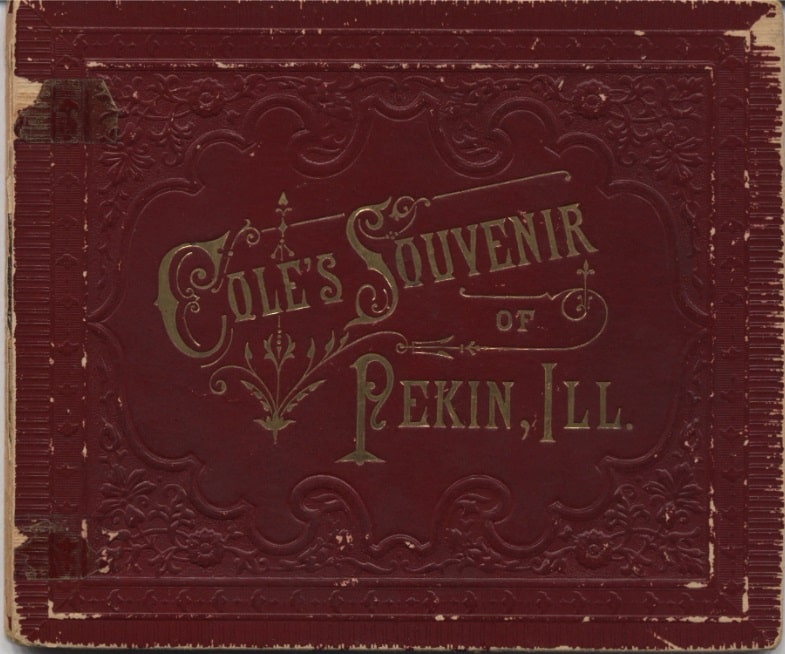
The next major contribution to Pekin’s historical record is Ben Campbell Allensworth‘s 1905 update of Chapman’s “History of Tazewell County.” Allensworth (1845-1929), publisher of the Pekin Daily Times, reproduced most of Chapman’s material along with extensive updates and expansion of our county’s and our city’s stories. The Allensworth history makes up the majority of Volume II of the Bateman & Selby “Historical Encyclopedia of Illinois.”
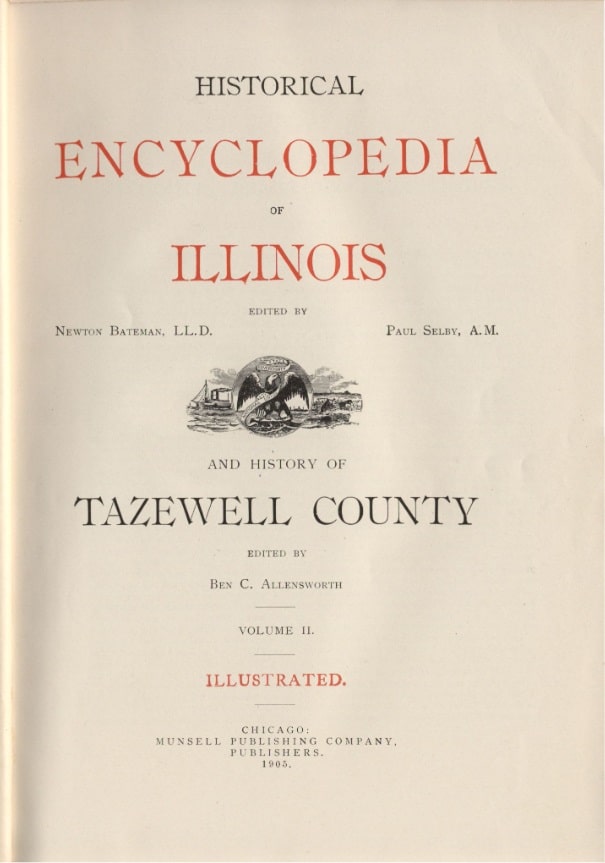
Pekin’s story was next updated and retold in the 1949 “Pekin Centenary” that the Pekin Chamber of Commerce produced as a commemorative volume in celebration of Pekin’s 100 years as an incorporated city under Illinois law. This book is filled with special historical advertisements from the many businesses who sponsored it, while the historical narrative in the book (which drew upon the earlier narratives of Bates, Chapman, and Allensworth) was written by Pekin journalist and World War II veteran Charles Lohman “Chuck” Dancey (1916-2024).
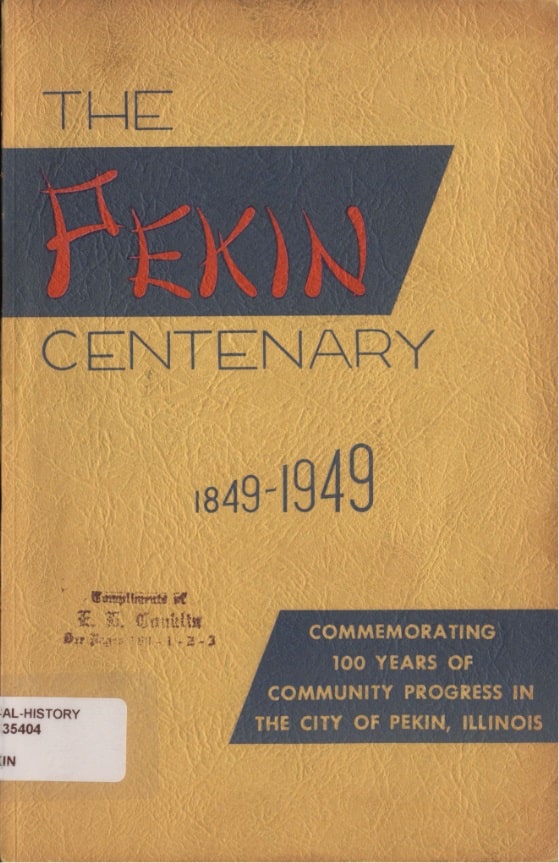
Dancey’s account was followed by the 1974 Pekin Sesquicentennial volume, which was prepared in celebration of the 150th anniversary of Jonathan Tharp’s 1824 arrival here. The Sesquicentennial extensive historical narrative was chiefly written and edited by Charles H. “Chic” Renner (1945-2020), a former Pekin Community High School English teacher, longtime PCHS District 303 school board member, and a bank officer at First National Bank of Pekin.
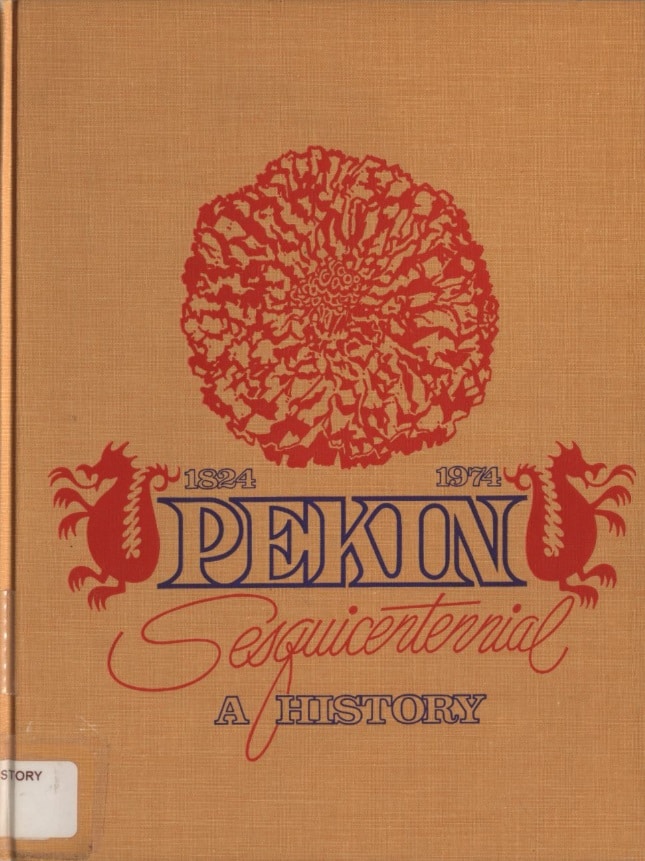
The tradition of Pekin’s historiography was continued in 1998 by Herget National Bank’s “Pekin: A Pictorial History,” which was subsequently updated and reprinted in 2004. Filled to the seams with wonderful photographs and images from Pekin’s past, the book’s historical narrative draws upon the earlier standard works on Pekin’s history to present relatively brief essays on the various sub-topics covered in the book. About the same time as this book’s second edition, Rob Clifton produced his own pictorial, “Pekin History: Then and Now,” which uniquely compared vintage photographs of Pekin sites with Clifton’s own contemporary photos of the same sites.

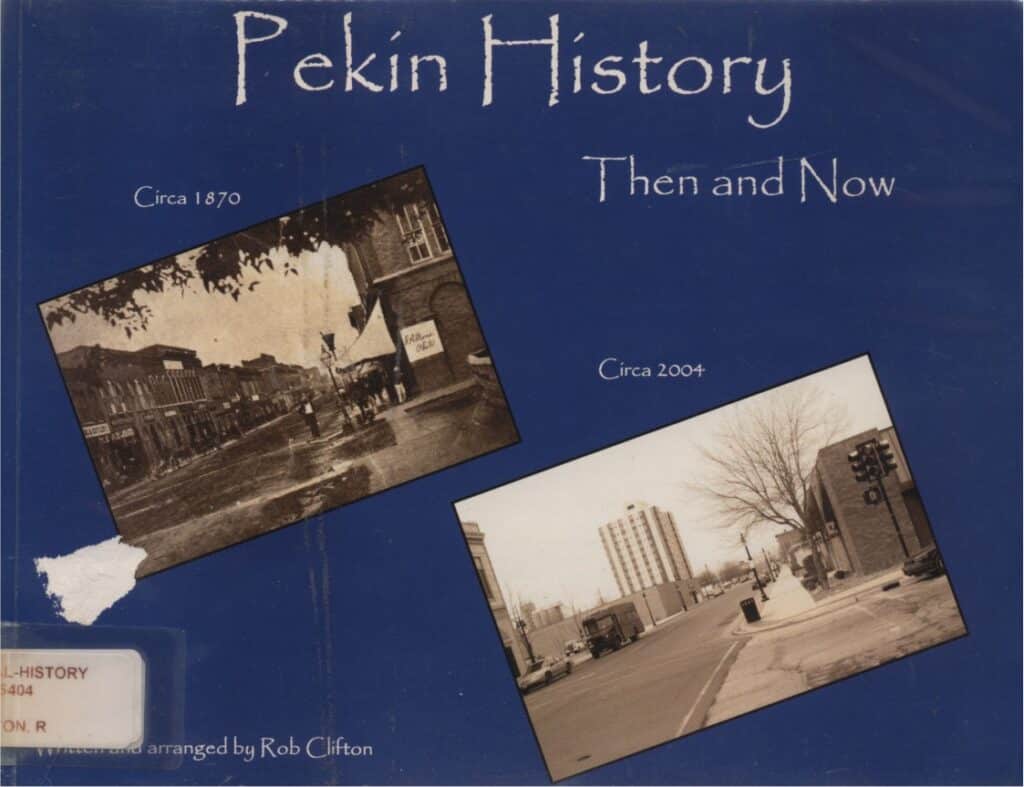
The new Pekin Bicentennial Pictorial, then, is the first general work on Pekin’s history to be published as a book in two decades. Presumably the next time a book about the history of Pekin will be published in another 25 years — a successor to the 1949 Pekin Centenary perhaps — a 2049 Pekin BI-Centenary to celebrate the 200th anniversary of Pekin’s incorporation as a city in 1849. Future Pekin history books will carry on the tradition, adding more stories and hopefully supplying any gaps and correcting errors in our historical record. Till then, 2024’s Bicentennial Pictorial will likely be the most up-to-date of the standard works on Pekin’s history.


